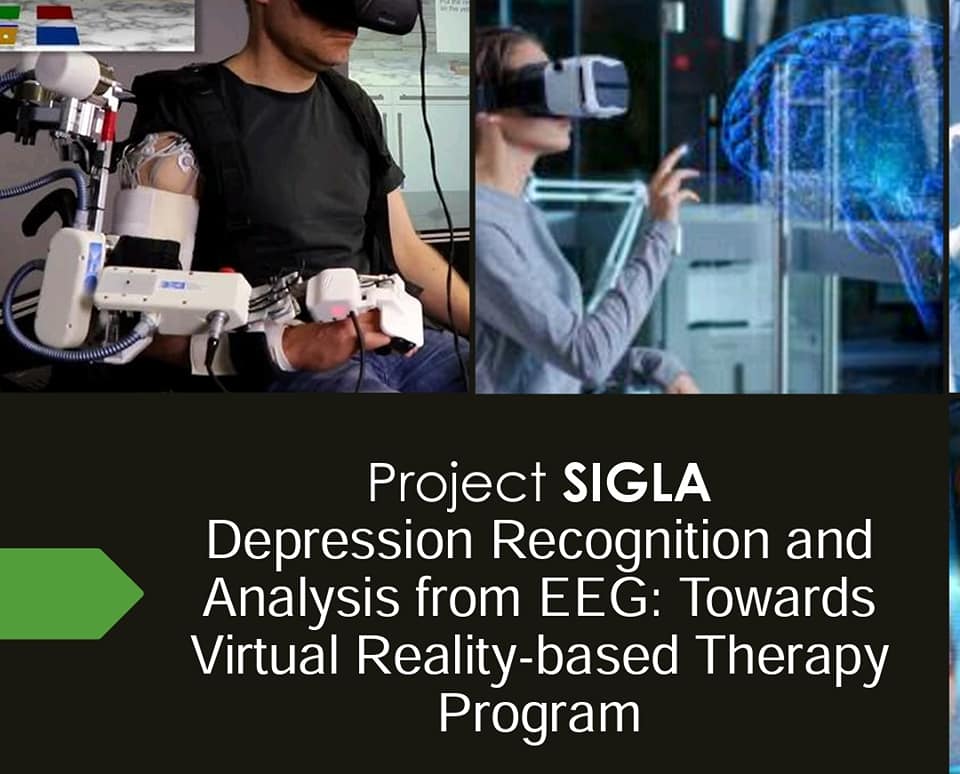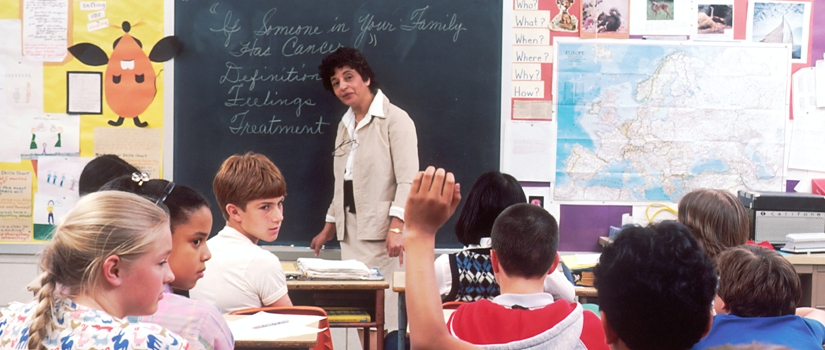- Participate in Research & Development (R & D) projects through an impressive selection of our finest researchers and specialists as well as our technical teams.
- Link researchers and school lecturers to different local and international funding opportunities.
- Plan different types of research studies, feasibility studies, economic plans, strategic plans, International Standard Organization (ISO) preparation plans and evaluation reports, as well as many other types of technical and professional reports.
- Organize research events and conferences as well as research groups gatherings.
- Participate with Non-Governmental Organizations (NGOs) in developing and executing different field projects, academic programs, and non-academic programs.
- Assist in research preparation for publication (technical writing and proofreading, brainstorming and critical thinking, and facilitation of communication with academic journals and scientific conferences).
- Research-supporting services such as:
- Programming software applications, mobile applications, and research programs using various types of programming languages.
- Artificial Intelligence (AI) linkage to different medical, biomedical, and engineering applications through various approaches and software applications.
- Statistical and data analysis for various types of data and using different applications such as SPSS, Smart-PLS, SAS, and Amos, as well as Weka application for data mining algorithms
- Data and system modeling and design for medical and engineering applications using various types of software applications and based on different sets of theories
- Designing questionnaires and surveys preparation, data collection, and many other supporting services allow researchers to find out more novel approaches without worrying about logistic help or assistance.
Research Center
Research Center
The European Global School University Scientific Research Centre (EGS-SRC) offers researchers and postgraduate students the opportunity to participate in a wide array of scientific research activities. EGS-SRC Centre has devoted its expertise to building up new collaborations with academic, and research institutions; furthermore, EGS-SRC has teamed up with several Non-Government Organizations (NGOs) to develop and implement several funded projects in different countries.


EGS-SRC research track has been enriched through running several projects with different partners and collaborators.
EGS-SRC is partnering with Braintech Asia Sdn Bhd and Star Labs Sdn Bhd in several projects that involve the employment of Artificial Intelligence and medical sensor machines to design and develop a set of devices for the assessment and recovery of mental health issues such as anxiety, sleeping disorders, depression disorders, rapid cycling, and bipolar disorders.
The concept of these developed and commercialized devices resides in their ability to assist psychiatrists, psychologists, and social workers who treat patients of any of the above-mentioned disorders to assess the brain as well as teach it how to improve itself by training itself to become more resilient towards traumatic events that cause the disorders.
The benefits of these developed devices exceed their health improvement issues as these devices can even be enhanced to increase a person’s focus and concentration levels, empower their short memory, and slow their brain’s energy consumption.
In collaboration with a Pharmacy School Research Group and Braintech Asia Sdn Bhd, EGS-SRC participates in the software development of an instrument that aims to measure the pain scale objectively from the body’s vital readings and the EEG assessment. The applied method is based on running an AI algorithm that is able to learn how to find the pain episodes by identifying the deviation between normal and abnormal behaviors of the human body and EEG charts.
The program aims to educate front-liners who deal directly with refugees on how to handle their existing traumas, reduce the side effects that result from displacement, and improve refugees’ overall quality of life. The segments of interest in this program are the psychiatrists, psychologists, social workers, counselors, and fresh-graduate students who have majored in one of the abovementioned or related disciplines.
The developed program covers both academic and practical parts for each targeted segment. In addition, the Centre’s research experience was employed by deploying the developed and commercialized biomedical mental health devices as instruments that support the work of social workers and counselors.
EGS-SRC will participate with Braintech Asia to execute the following future projects; our role involves seeking funding opportunities, developing the software applications for the designed devices, and running testing trials on patients that match the projects’ inclusion/exclusion criteria.

The brain-controlled wheelchair is designed for people with disabilities. Its main objective is to provide a means for disabled people to improve their mobility using mind power over a motorized chair. It is equipped with a neurofeedback system that enables the user to move the chair in forward, backward, right, and left directions. An AI-based controller is utilized to analyze signals from the brain that will correspond to the response of the motor actuators.

The biomedical device – Neurofeedback, is used as a rehabilitation solution for stroke patients. This idea came from the concept of “ibalik” which means to restore, synonymous with rehabilitation. This is an EEG and Virtual Reality – based technology that provides an intervention that aims to target the rehabilitation goals of patients. This involves analysis of their EEG signals in response to the therapy goals as seen in the virtual environment. Medical, mental, and technology professionals will be tapped in the development of this solution in terms of stroke assessment, setting of rehabilitation goals, assessment of cognitive and motor function, mental health, and technology design.

SIGLA is a neurofeedback therapy solution designed for people diagnosed with depression. People with depression can use the device that merges the EEG and Virtual Reality–based technology that provides an intervention that aims to target the therapy goals most suitable for the patient. This involves an analysis of their EEG signals in response to the therapy goals as seen in the virtual environment. Medical, mental, and technology professionals will be tapped in the development of this solution in terms of depression assessment, setting of therapy goals, and technology design.

The device aims to help language non-speakers to learn the language without any external help; the concept is based on allowing the learners to hear words from the foreign language during their sleep or relaxation time while measuring their EEG changes to better effectively utilize the AI methods that can learn what is being heard. Different neuroscience and AI models are being tested to better select the best norm that normalizes the memory energy of the brain while running the voice that speaks words and sentences.
The following academic and professional programs are devoted to helping NGOs in their daily work, matching what NGOs projects aim to achieve, and identifying the segments being targeted. The pdf below lists all the NGO programs offered by EGS-SRC for the academic year 2021-2022
Download NGO Projects File

EGS has partnership with the following institutions:
- Braintech Asia Sdn Bhd
- Universiti Sains Malaysia
- Usains (USM investing arm)
- Lady Faza Sdn Bhd
- DardosTechnology.com
- Future Internet Advanced Solutions
No matter where you are from, or what you would like to do when you graduate, your experience at EGS will challenge, inspire, develop, and support you. Through a combination of excellent teaching, rich, and varied student life, you'll have the experience of a lifetime.
Dr. Fadi Hassan
Research Center Director
fadi@egs.edu.eu
Ms. Hadil Bourgi
Research Center Coordinator
H.Borji@egs.edu.eu
Contact Us